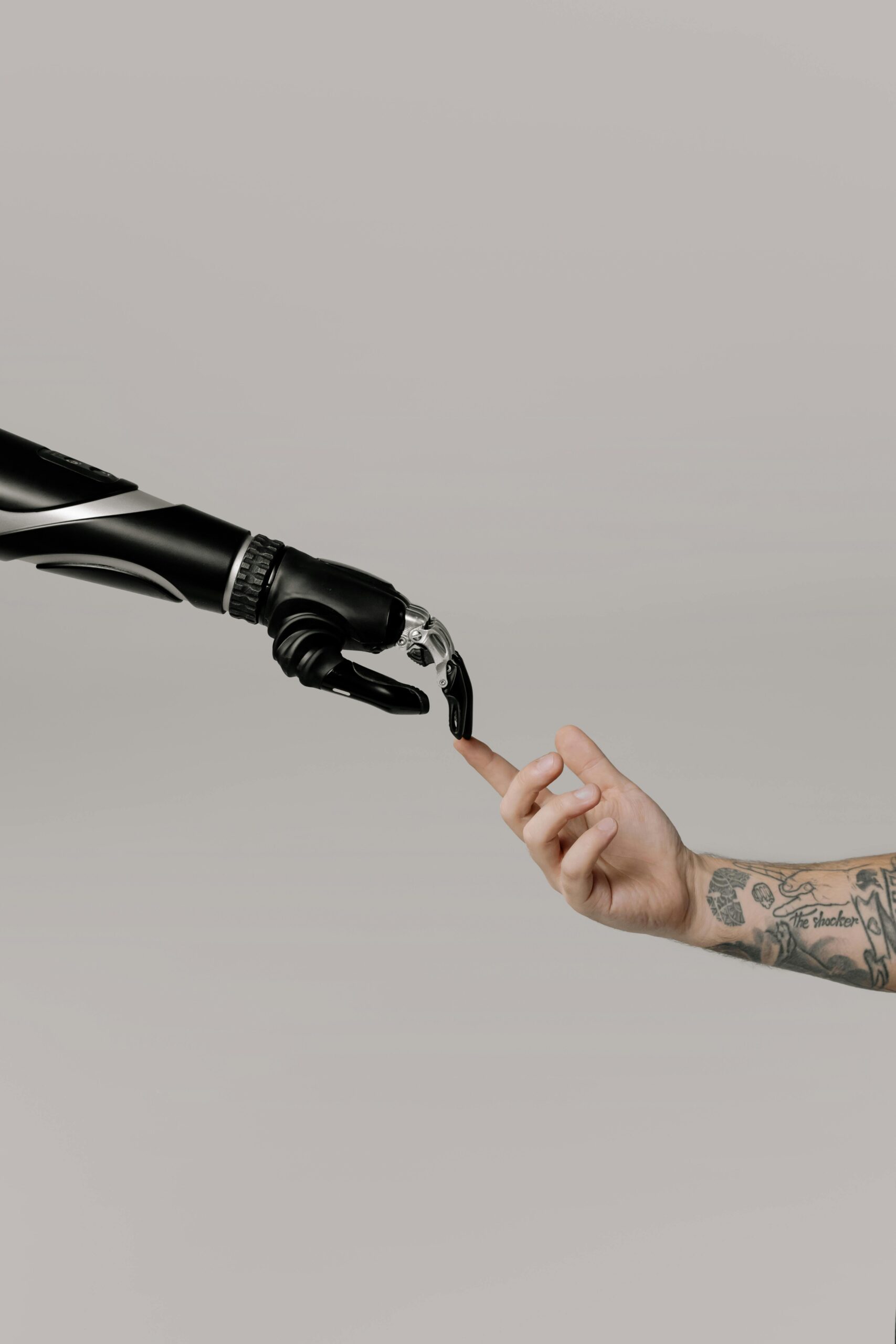Integrating Artificial Intelligence (AI) in the hospitality sector represents a major leap forward, promising to redefine how hotels deliver guest experiences and manage operations. In an industry where every touchpoint counts, AI offers hotels a powerful toolkit to enhance personalization, streamline processes, and build loyalty. Let’s explore how AI is reshaping hospitality, from when guests book a room to the experience that awaits them.
Personalized Guest Experiences: AI as Your Hotel Concierge
Imagine a guest walking into a hotel and being welcomed by an AI-powered virtual concierge who knows their preferences. This is more than a vision—it’s happening today. Hotels like Hilton lead the way with “Connie,” an AI concierge that provides guests with customized information about amenities, dining options, and local attractions. Similarly, The Cosmopolitan in Las Vegas features “Rose,” a chatbot that guests can text for personalized recommendations, from city tips to dinner reservations.
In-room AI technology is also elevating guest convenience. Marriott International has introduced voice-controlled assistants in some rooms, allowing guests to adjust lighting, temperature, and entertainment, all tailored to their preferences. These innovations transform the hotel stay from a routine experience to one that feels tailored and memorable, meeting guests’ expectations for personalization in a digital age.
Operational Efficiency: AI-Powered Precision and Cost Savings
Behind the scenes, AI is helping hotels operate smarter and more efficiently. Take inventory management, for instance. AI tools predict stock levels of essential items like linens and toiletries, ensuring that hotels can meet guest needs without overstocking. This precision not only enhances service readiness but also minimizes costs—an invaluable balance for hotel managers.
Housekeeping is another area where AI is making an impact. By analyzing check-in and check-out data, AI can create optimized cleaning schedules that reduce room turnaround time. This means that rooms are cleaned and ready faster, ensuring smoother guest experiences during peak times.
AI in Customer Service: Chatbots Redefining Instant Support
Customer service in hospitality is also evolving with AI, particularly through chatbots. For example, Edwardian Hotels uses “Edward,” a digital assistant that provides instant answers to guest inquiries, whether it’s a request for extra pillows or questions about room amenities. This allows guests to get information in real-time without waiting, making interactions more seamless and satisfying. Additionally, AI sentiment analysis tools, such as TrustYou, scan reviews and feedback to gather insights that help hotels refine their services and respond to guest needs with precision.
Marketing and Engagement: Data-Driven Personalization
Long before guests even step foot on the property, AI can engage and excite them through tailored marketing. AI analyzes booking history, preferences, and engagement data to offer personalized packages that feel tailor-made for each individual. AccorHotels, for instance, uses AI to recommend offers that resonate with guests, boosting engagement and loyalty even before arrival. Through predictive data analytics, hotels can better understand market trends, ensuring they’re offering experiences that align with evolving guest expectations.
The Future of AI in Hospitality: What’s Next?
The future holds even more exciting possibilities as AI continues to evolve. Imagine hotels offering virtual reality (VR) tours before booking, letting guests explore the property from the comfort of their homes. AI could also drive predictive room service, anticipating guest needs based on previous stays and even proactively suggesting room service items. Sustainability is another frontier, with AI helping hotels manage energy and water usage, contributing to greener operations and a smaller environmental footprint.
Robotic staff are becoming more common, too. Soon, it may be entirely normal to see robots delivering towels or handling luggage. These innovations don’t just add novelty; they improve efficiency and free up human staff for meaningful interactions.
Challenges and Considerations: The Human Touch and Data Ethics
While AI offers incredible potential, it’s essential to strike a balance between automation and the human touch that defines hospitality. Guests still value personal connections, and AI should enhance—not replace—the warmth of genuine human interaction. Additionally, as AI leverages data to drive these transformations, hotels must prioritize data privacy and adhere to strict ethical standards.
FAQ:
1. How is AI enhancing guest experiences in hotels?
AI provides personalized concierge services and in-room controls. Virtual assistants like Hilton’s Connie and The Cosmopolitan’s Rose offer guests tailored recommendations, while in-room AI technology lets guests adjust settings like lighting and temperature to their preferences.
2. How does AI improve hotel operations?
AI optimizes inventory management, housekeeping schedules, and maintenance forecasting, which reduces costs and ensures smooth operations, allowing hotels to meet guest needs efficiently.
3. In what ways is AI used in customer service?
Hotels use AI chatbots for quick responses to guest inquiries. Chatbots like Edward provide instant answers about room amenities and services, while AI sentiment analysis gathers insights from guest feedback to improve services.
4. How does AI impact hotel marketing?
AI-driven marketing analyzes guest preferences and booking history to deliver personalized offers, boosting engagement and loyalty even before check-in. Hotels like AccorHotels use this approach to enhance guest connection.
5. What are the future possibilities of AI in hospitality?
AI could drive innovations like VR tours, predictive room service, and sustainable energy management. Robotics for basic guest services are also on the horizon, offering efficient, modern experiences.




